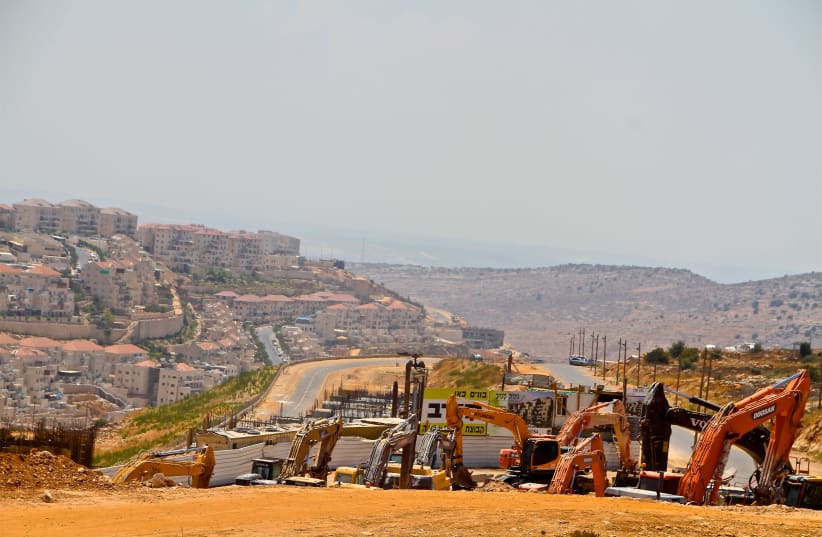A Related Video You May Like:
No new outposts were built for the next seven years and it was presumed that such illegal building had ended.The change occurred after a 2005 government commission report on the subject by attorney Talia Sasson found that these communities were illegally built and that government officials and ministries had acted illegally and colluded with the settlers in support of such construction.The government committed to halting such construction, a move that followed a pledge former prime minister Ariel Sharon had made to the United States to remove such settlements, particularly those built since he came into office in 2001.Since then, as part of an outpost legalization campaign, the settler movement and right-wing politicians have worked to rebrand the public’s understanding of such communities, as construction projects that were unauthorized but not illegal.Setters explained that outposts were communities begun with pledges of government support and approval that were never actualized. This was no different, they contended, than what occurred in many communities in sovereign Israel where communities were legalized and permits granted after construction occurred.The outposts also had an authorization challenge that communities in sovereign Israel did not face. In the aftermath of the 1993 Oslo Agreement there was an understanding between Israel and the international community that new settlements would not be authorized.It was a stance that left most of the outposts in a legal limbo and vulnerable to court cases by left-wing NGOs, such as Peace Now and Yesh Din, that began petitioning for their removal.Sasson’s evidence of illegal governmental collusion was, they said, evidence of the government’s intention to legalize such outposts, many of which, were in fact built with government funds.The settlers and right-wing politicians were successful in their efforts under Prime Minister Benjamin Netanyahu's tenure. In 2011 he adopted a policy to authorize illegal construction on state land and to remove such building on private Palestinian property.Under his government, moves were taken to authorize outposts on state land. To skirt the prohibition on new settlement construction, these communities were declared new neighborhoods of existing settlements.Since that 2011 decision, “11 outposts have been fully legalized and another 35 have started the process of legalization,” Peace Now said.That list could be extended if the High Court of Justice upholds 2017 Knesset legislation that would retroactively legalize settler homes on private Palestinian property, including in the outposts.The Peace Now report also looked at settlement activity in 2016 and 2017, the period that covers the last year of the Obama Administration and the first year US President Donald Trump’s presidency.It showed a significant jump in settlement activity between 2016 and 2017, but a slight drop in actual building.According to Peace Now, plans for 6,742 housing units were advanced in 2017 through promotions of plans for settlements in 59 different settlements, compared to plans for 2,657 homes in 2016.Tenders were published for 3,154 new homes in 2017, “a record high in almost two decades,” said Peace Now, adding that only 42 tenders were published in 2016.According to a March 20 report by the Central Bureau of Statistics, the number of housing starts in Jewish communities in Judea and Samaria dropped by 47% in 2017, compared with 2016. Put in real numbers, ground was broken for 1,626 settler homes last year, compared with 3,069 in 2016.Peace Now does its own data compilation based on field reporting and aerial photographs. It also includes mobile homes and illegal construction in its calculations.The numbers in its report reflected a 15 month period from July 2016 to September 2017, in which it said that ground was broken for 2,783 new homes.Out of those 997 homes, some 36%, were located outside the route of the security barrier and are therefore considered to be isolated settlements.Settlements that saw the greatest amount of construction in those 15 months were, Efrat, Karnei Shomron, Alfei Menashe and Beitar Illit.
Peace Now: Illegal settler outpost building resumed with 16 new sites
Setters explained that outposts were communities begun with pledges of government support and approval that were never actualized.
